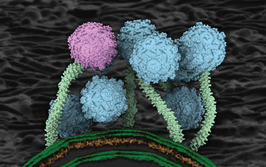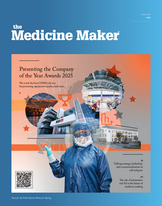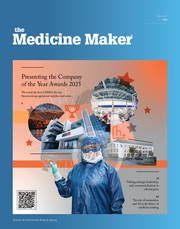
Skin sensitization is a common health issue. Humans frequently come into contact with chemicals that can cause contact dermatitis over time, including fragrances, sunscreens, certain jewelry and pharmaceuticals such as ointments. In the initial “induction phase,” the contact between the skin’s surface and skin sensitizers causes the immune system to develop specialized memory cells. An allergic reaction can occur weeks or even months after this initial exposure, causing memory cells to react to the offending substance in what is known as the “elicitation phase”. This is clinically characterized as allergic contact dermatitis.
Pharmaceutical producers have a duty to establish toxicology profiles of any new chemical entity, including its potential to cause skin reactions. The classification of substances as skin sensitizers can be based on epidemiology, case studies, or on results from human sensitization patch tests, animal testing or in vitro testing. Toxicologists currently rely on a framework known as the Adverse Outcome Pathway (AOP) to gather, manage and organize data around key events and adverse outcomes. When it comes to skin sensitization, there are four key events of the AOP:
covalent binding of skin sensitizers to the skin proteins
activation of inflammatory markers in keratinocytes
activation of dendritic cells
activation and proliferation of T cells

A handful of in vitro skin sensitization tests have been developed, which have been internationally validated and are widely accepted by regulators. One example is the direct peptide reactivity assay DPRA test, which measures binding of chemicals with synthetic peptides that are used to mimic skin proteins (first event). The kerotinosens™ test can then be used to measure a substance’s ability to activate an inflammatory response (second event). There are also the h-clat, U-SENS™ and IL-8 Luc assays, which assess dendritic cell activation potential (third event), and other tests based on genomic profiling are in the process of being validated.
However, there are limitations. There are still no in vitro tests available that comprehensively address T cell activation, and the qualitative nature of the AOP framework prevents it from providing in-depth data about molecular and cellular activities that take place within each of the known key events.
At SGS, we are performing in vitro testing to assess the chemical potential for sensitization. Whether it be through employment of existing technologies, or through the development of novel, high-throughput in vitro toxicology methods to investigate biomarker panels at a proteomic level. Allergic contact dermatitis is a serious issue worldwide and better testing methods are needed – including those that do not rely on animal models. Europe and several other international regions have implemented a full ban on animal testing for cosmetics and cosmetic ingredients, and are further implementing 3Rs (replacement, reduction, refinement) framework in many product sectors. For skin sensitization tests, in particular, there are many alternatives. We have a team of toxicologists dedicated to contributing to the field of in vitro toxicology and can support our sponsors’ testing needs with standard assays and custom-based approaches.
More information:
Tel: +1 (905) 364-3757



















